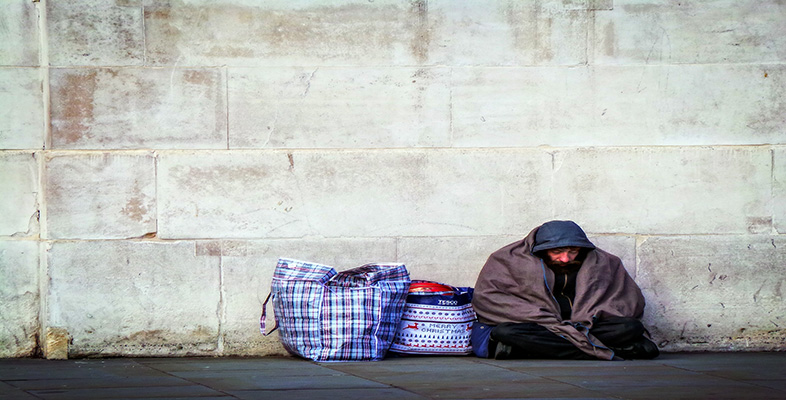3.2 Poverty as natural/inevitable
There is a construction of poverty that identifies it as a necessary feature of social life: some people will be better endowed, try harder or be more successful than others, and inequality will be an inevitable result (see, for example, Herrnstein and Murray, 1994, who argue that low levels of intelligence are the main determinants of poverty in the USA). Interfering with this natural order of things is dangerous, particularly because it prevents poverty acting as a spur to try harder. This is the basis of the American economist George Gilder's attack on ‘welfare culture’, his term for state programmes intended to diminish the impact of poverty:
The most serious fraud is committed not by the members of the welfare culture but by the creators of it, who conceal from the poor, both adults and children, the most fundamental realities of their lives: that to live well and escape poverty they will have to keep their families together at all costs and will have to work harder than the classes above them. In order to succeed the poor need most of all the spur of their poverty.
(Gilder, 1981, p. 118)
In this perspective, poverty is simultaneously natural and socially necessary. Inequalities are both the natural result of unequal performance in a competitive world and necessary to keep people trying to succeed. The response to the problem of poverty is to try to restore it to its ‘natural’ state, since programmes designed to ameliorate it prevent people trying to succeed. As a result, poor people become ‘dependent’ on welfare benefits and ‘demoralised’, losing the moral urge to fend for themselves and their families.
